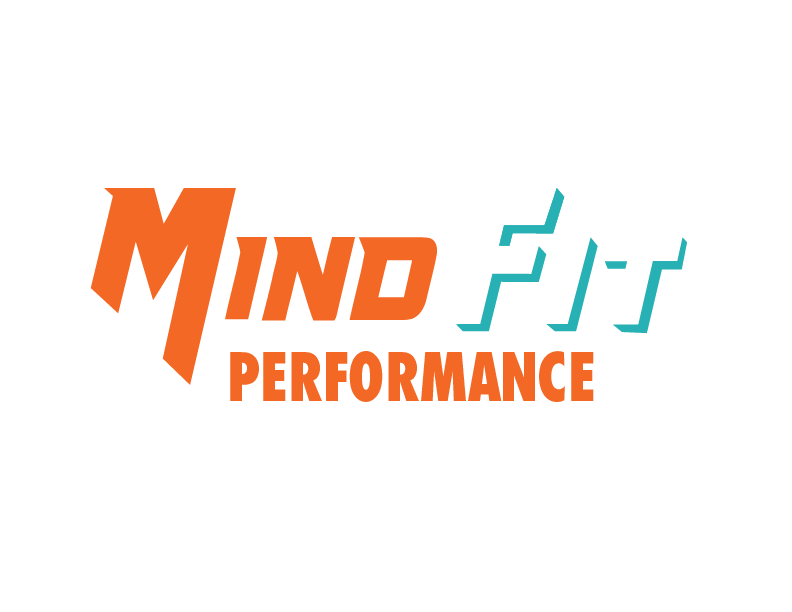How to Series; Embracing Stress
Hi! Welcome back to the MFP How To series...where we’ll talk about a skill or concept and how you can use it in your everyday life.
Today I’ll be talking about how to embrace stress.
It’s natural to feel stress - in fact, it’s necessary. Stress is a requirement for growth, for performance, for progress, to be your best, and at times, for survival. To understand stress, let’s first quickly go over what stress is and how it affects our body.
Stress is a physiological response to environmental demands; in other words, stress is some level of strain on the nervous system. When we feel stress, hormones such as cortisol and epinephrine (also known as adrenaline) are released. These hormones trigger reactions in our body such as increased heart rate, tunnel vision, rapid breathing, and muscle tension, to name a few. Another name for this is the fight, flight, or freeze response.
The reason stress is an important part of life is because it kickstarts our body into action based on the perceived threat(s). When we perceive a threat, we are faced with three options;
Fight - our body’s immediate response to defend oneself and survive
Flight - our body’s immediate response to flee from the threat
Freeze - our body’s inability to fight or flee from the threat
It’s important to note that our autonomic nervous system (ANS) responses are the same whether you’re nervous or physically threatened (1). While the origins of stress date back to our prehistoric days when physical dangers were all around us, stressors look different today even though our body’s responses are the same. This explains why our heart races, our palms sweat, and our breathing shallows, whether we're in physical danger or we're stressed about everything that is on our plate.
Now that we’ve gone over the basics of what happens to our body when we feel stressed, we can talk about how to embrace it. Let me start by asking you a few questions.
What is your perspective on stress?
The reason I ask is because your beliefs about stress will impact your experience with it.
Do you tend to view stress as an opportunity to learn, grow, and do something great?
Or do you view stress as a threat that will have negative impacts?
Are you ready to improve your relationship with stress?
Ready or not, stress will keep showing up.
The answers to these questions will influence your ability to embrace stress. If you perceive stress as negative, your experience with it will likely be negative. If you believe stress is an opportunity to learn and grow, you will likely experience growth as a result.
Embracing stress is all about building your stress capacity. The more you engage in daily practice to push to your boundaries, adapt and grow, and then repeat that process, the better your capacity for stress will be. This can sometimes be referred to as Elective Hardship (2) - or choosing to do hard things. As a result, you begin to Do Hard Better (3), including stress.
So, how can you practice embracing stress?
Own your stress - Be curious about its origins and work to understand it so you can move from stress mode to solution mode. This is the number one thing you can do to embrace stress.
Breathe well - Activate your PNS (parasympathetic nervous system) with some deep, purposeful breathing, making sure your exhale is longer than your inhale (which helps you calm down).
Sleep well - Provide your body and mind proper recovery so you’re well rested and ready for whatever is next. Set boundaries around screen time at night, try to keep a consistent bedtime, and minimize distractions when it’s time for your zzz’s.
Eat and hydrate well - Your body needs fuel to perform and recover from its daily functions (4), so make sure you are making that priority throughout the day.
Move well - Get outside and take a walk, a jog, a bike ride, a hike, a swim - whatever your preference, but get out and move. There are so many stress relieving benefits to being out in nature, like getting fresh air, clearing your mind, and breathing deeply.
All of these things have proven benefits to help with stress capacity. The more willingness you have to engage in these daily practices, the better you’ll be able to handle your stressors. It all starts with your beliefs about stress. You can do hard things! And remember, I’m here to help.
